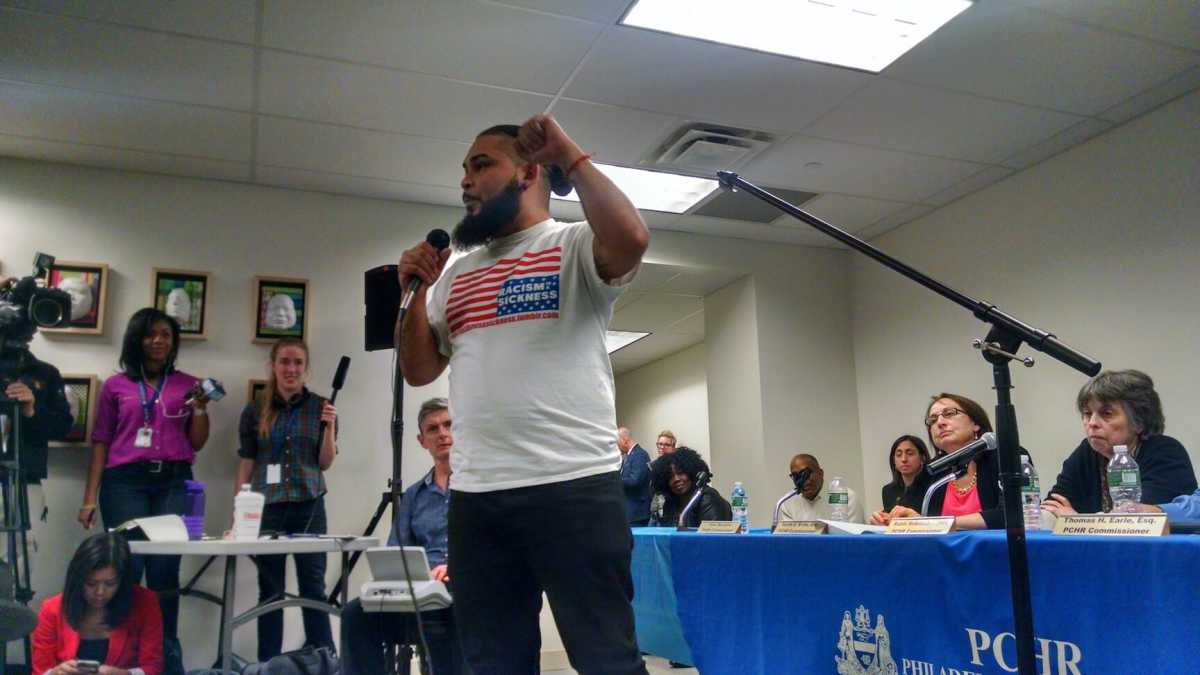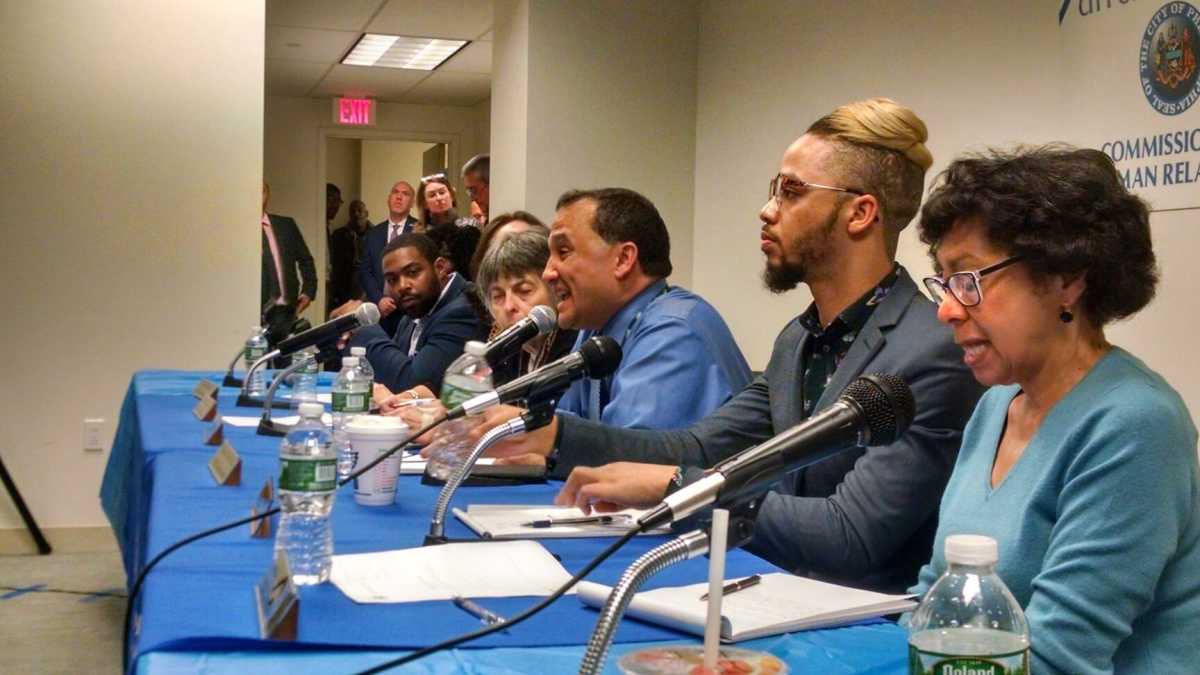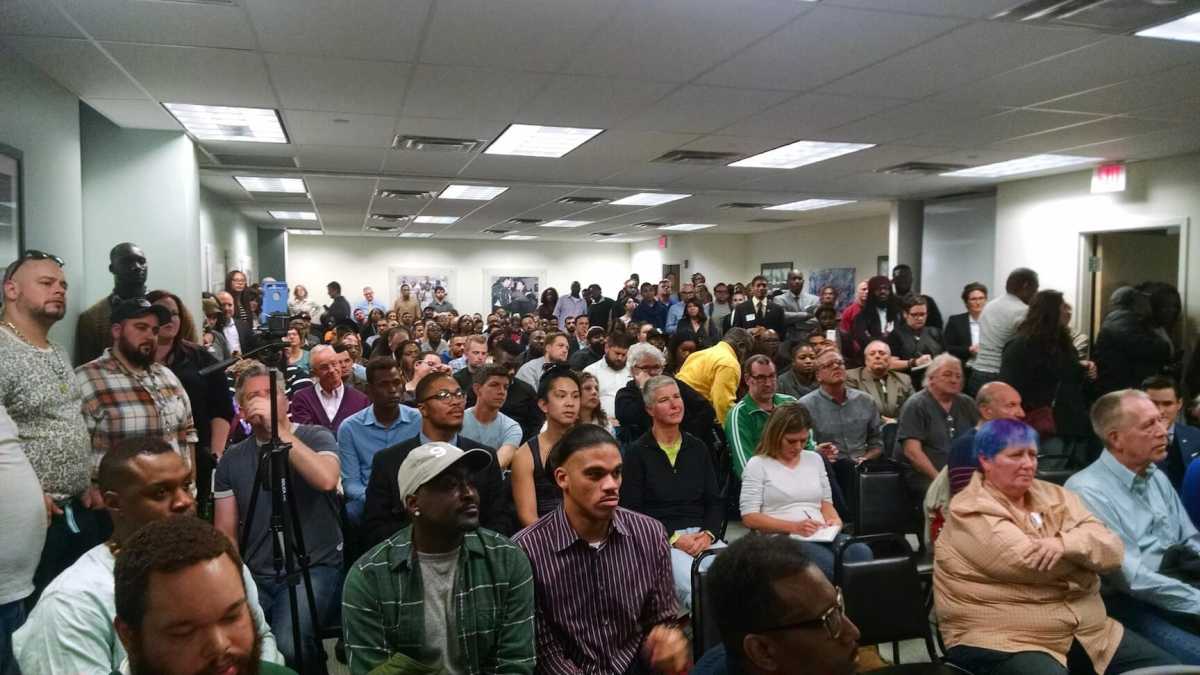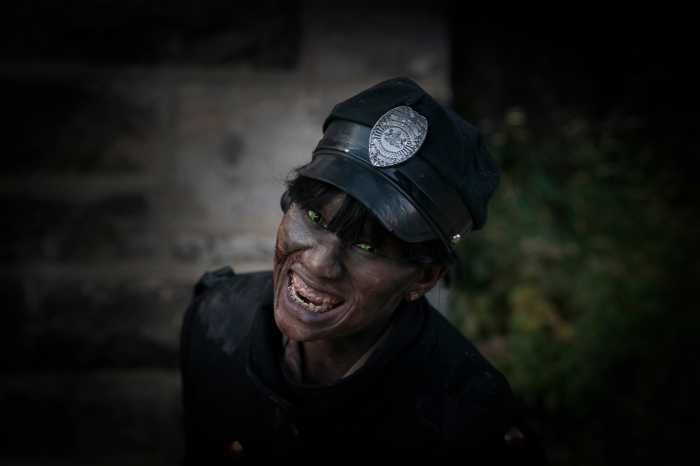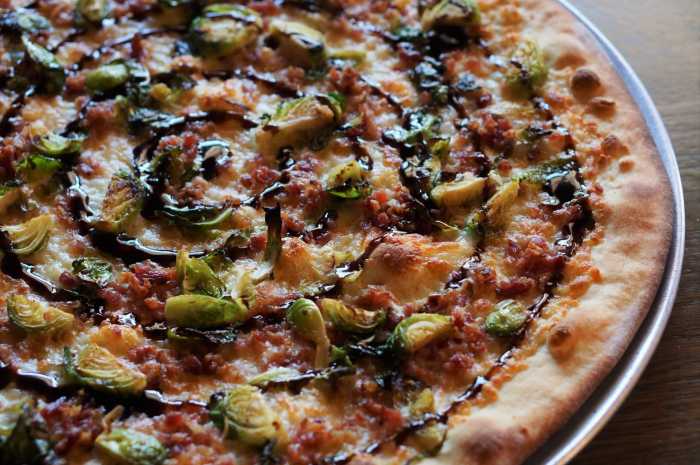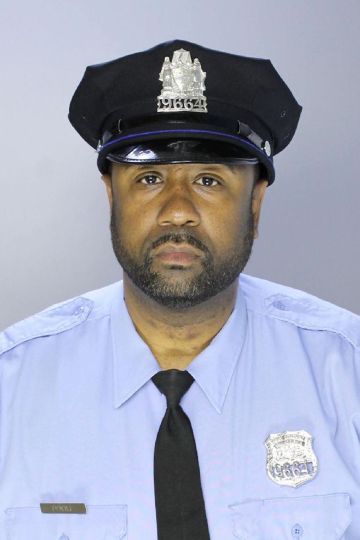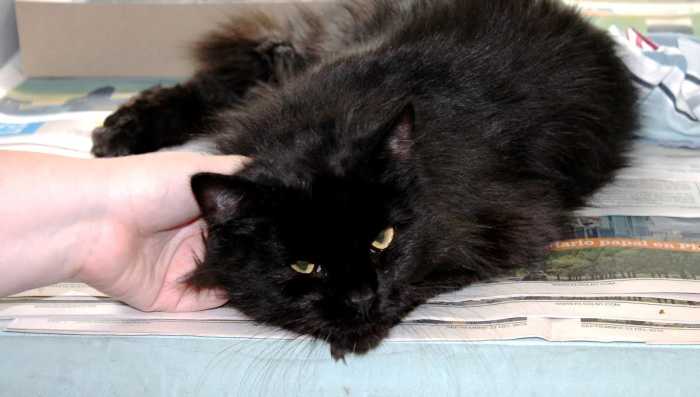Some recalled being forced out of bars in the Gayborhood after being told they fit police descriptions of suspected criminals. Others described receiving threatening,racist messages for trying to organize minority-focused LGBT events. After weeks of protests in the Gayborhood over racial tensions, queer people of color got the opportunity Tuesday to share their stories of belittlement, harassment and discrimination at a public hearing. The stories have been told loud and clear in recent protests, but this timeit wenton the record, and the Philadelphia Commission on Human Relations is promising action.
“It’s going to be uncomfortable for folks to continue to disregard the mistreatment of black and brown folks in the Gayborhoodnow,” asserted Sappho Fulton, 52, a lesbian who testified at the hearing about never feeling welcome in the gay neighborhood of Center City. “Once you know, you can’t go back to not knowing.” Queer people of color have long brought up issues with how they are treatedgoing to gay bars in the Gayborhood compared to white gay people.
Not one, not two, not 10.Every single witness outof the dozens who testified Tuesday shared stories about themselves or their friends being denied entry to bars over obscure dress codes, being asked to produce multiple forms of identification, or being ignored by bartenders while trying to order drinks. Multiple witnesses testified that racial tension is alsorife in the numerous, mostly health-focused nonprofits that serve the LGBT community in the Gayborhood .
“It feels unsafe.You have a bunch of young white therapists in these facilities and they don’t know what it’s like to be a person of color coming from a culture with certain issues,” said Fulton, who is clinical director at the House of Hope. Issues of racial tension in the Gayborhood first rose to prominence when former Metro columnist Ernest Owens blew the lid open last year with a column describing the “subtle segregation” of the Gayborhood. As one white gay man put it, “That column split the Gayborhood in two.” After a years-oldvideo surfaced last month showing the owner of gay bar iCandy Darryl DePianocasually using racial slurs, it seemed everyone’s worst accusations were vindicated. The video sparked a series of protests.Mayor Jim Kenney and his director of LGBT AffairsNellie Fitzpatrick were targeted, among others, for allowing racial discrimination in the Gayborhood to continue, and they responded by scheduling Tuesday’s hearing. D’Ontace Keyes, 26, the newest member of the city Commission on Human Relations anda gay black man, said people can rest assured that Tuesday’s hearing will lead to changes.
“It was history being made, and history being considered to take future steps,” he said of the hearing. “People who have feltsilent for so long could finally speak their truth.” Keyes pointed out that bars legally cannot discriminate based on race, and anyone who experiences that should report it to the Commission.
Keyes pointed out that bars cannot legally discriminate based on race, and anyone who experiences that should report it to the Commission.
The Commission is closely reviewing the policies and procedures at 11 bars in the Gayborhood. They’ll be accepting testimony for one more week, and recommendations are expected about 90 days after that. Keyes asserted that Tuesday’s hearing will go toward eradicating racism and discriminatory practices and policies in Philadelphia.
“Hold me accountable. I am someone of this community,” he said. “Right now, we’re at the first step of continuously making change throughout the years to come.”
There weren’t any protests at Tuesday’s hearing. But Asa Khalif, a Black Lives Matter activist, warned gay bar owners at the hearing that there will be more protests if things don’t improve.
“We’ll shut your asses down again if you don’t change your wicked ways,” he said.
Visit the Commission on Human Relations at 601 Walnut St., Suite #300S or online at phila.gov/humanrelations to submit testimony by Nov. 1, or to file an individual complaint.



